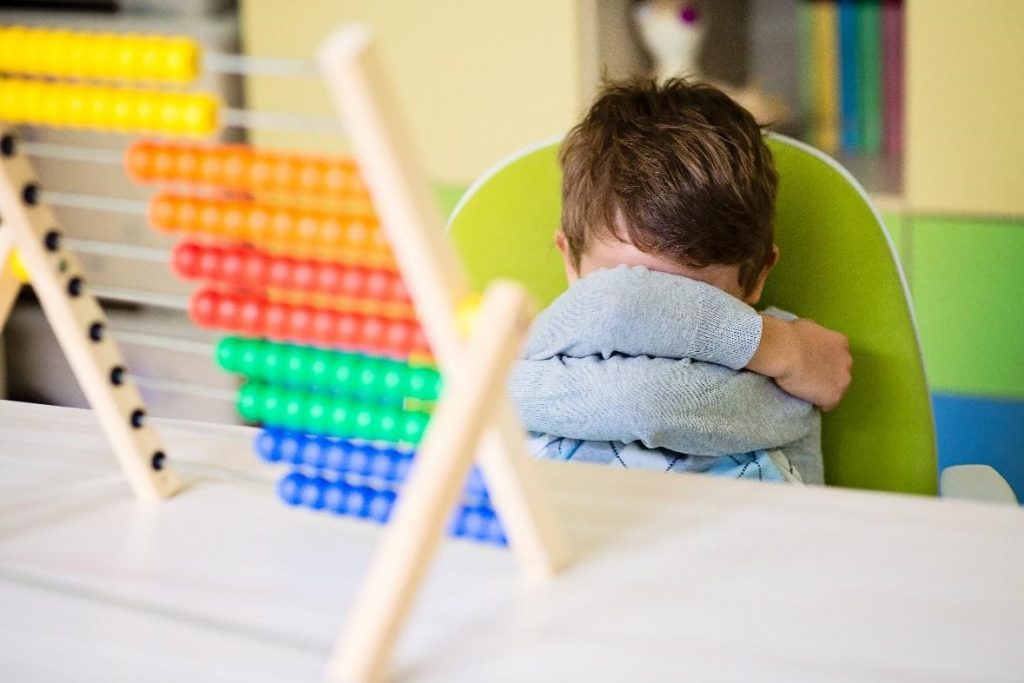Teach young children how to manage their emotions and express their feelings
Toddlerhood is an amazing stage of childhood to witness. The unmatched rate of development, the adorable personalities and mispronunciations, the rapid growth of skills, and the unstoppable enthusiasm over making new discoveries – toddlers are natural explorers of the world and have a unique perspective on life and their experiences.
However, all of the persistence, passion, and boundary-pushing that helps toddlers find their sense of intellectual curiosity and independence also results in behavioral challenges along the way. Toddlers are often unfamiliar with social norms, and largely fearless of rules. Encourage the young children in your care to learn more about themselves and their environment without sacrificing good behavior and boundaries.
Feelings of frustration
While incredibly bright, toddlers lack the communication skills, patience, self-control, and logic to maneuver through negative emotions or challenges appropriately. One of the most important aspects of providing quality care is to help young children learn how to manage their feelings and interact in social settings.
When feeling frustrated, toddlers often show their displeasure by doing one of the following:
- Having a meltdown and starting to cry or scream
- Refusing to cooperate or be distracted
- Lashing out by throwing things or kicking or hitting
These are all behaviors that are hard to manage in a caregiving environment, but they’re also signs that the child is having difficulty handling the feelings they’re experiencing.
Although children will begin to outgrow some of these habits as they mature, your role is to teach them a more constructive way to express their needs and emotions in the meantime. Try the following tips and tricks to manage challenging behavior in toddlers.
Talk about feelings
Toddlers are just beginning to experience emotions such as shame, guilt, embarrassment, and pride, and they feel these things with intensity. They also often don’t have words to convey these feelings.
Teach young children how to identify emotions and what they mean. When reading a book, ask them how they think a particular character may feel as the result of a specific action and point out facial expressions in the illustrations.
The ability to label emotions offers a sense of control and a better ability to communicate their feelings so that you can talk through whatever they’re experiencing.
Validate and manage emotions
An important way to encourage communication is to acknowledge how a child is feeling when they’re acting out. “I know you’re feeling angry because you wanted to play with the blocks, but you have to wait your turn.”
Suggest an alternative activity and offer a way to help appropriately manage emotions in the moment. Jumping up and down in place, drawing an angry scribble, or taking three deep breaths and blowing them out are all healthy ways to express anger.
Practice self-control
Toddlers experience frustration passionately because of their lack of self-control. Incorporate ways to practice patience and cooperation in daily activities. Learning to take turns is a great place to start. For instance, rolling a ball back and forth or sharing a box of crayons and having to wait to use their preferred color are all everyday occurrences that can help normalize waiting.
Timers are an excellent tool for turn-taking; they serve as a visual aid and a promise that their turn is coming. Set a timer for using a toy or occupying an activity center so there’s a clear understanding that the waiting will start and end in a clearly defined way.
The two most important things you can offer an emotional toddler are often the most challenging to get: patience and empathy. Remember that this behavior will pass and that it’s not malicious or intentional – just a normal part of childhood development. Just like you wouldn’t get mad at a 2-year-old for not knowing his or her ABCs, you shouldn’t be surprised that they have difficulty managing disappointment.
Help the children in your care identify and manage their emotions to help pave their path to independence.
The Virginia Infant & Toddler Specialist Network helps improve the quality of care for infants and toddlers through extensive resources, services, and education for caregivers. Learn more about how we can help you improve the standard of care.




